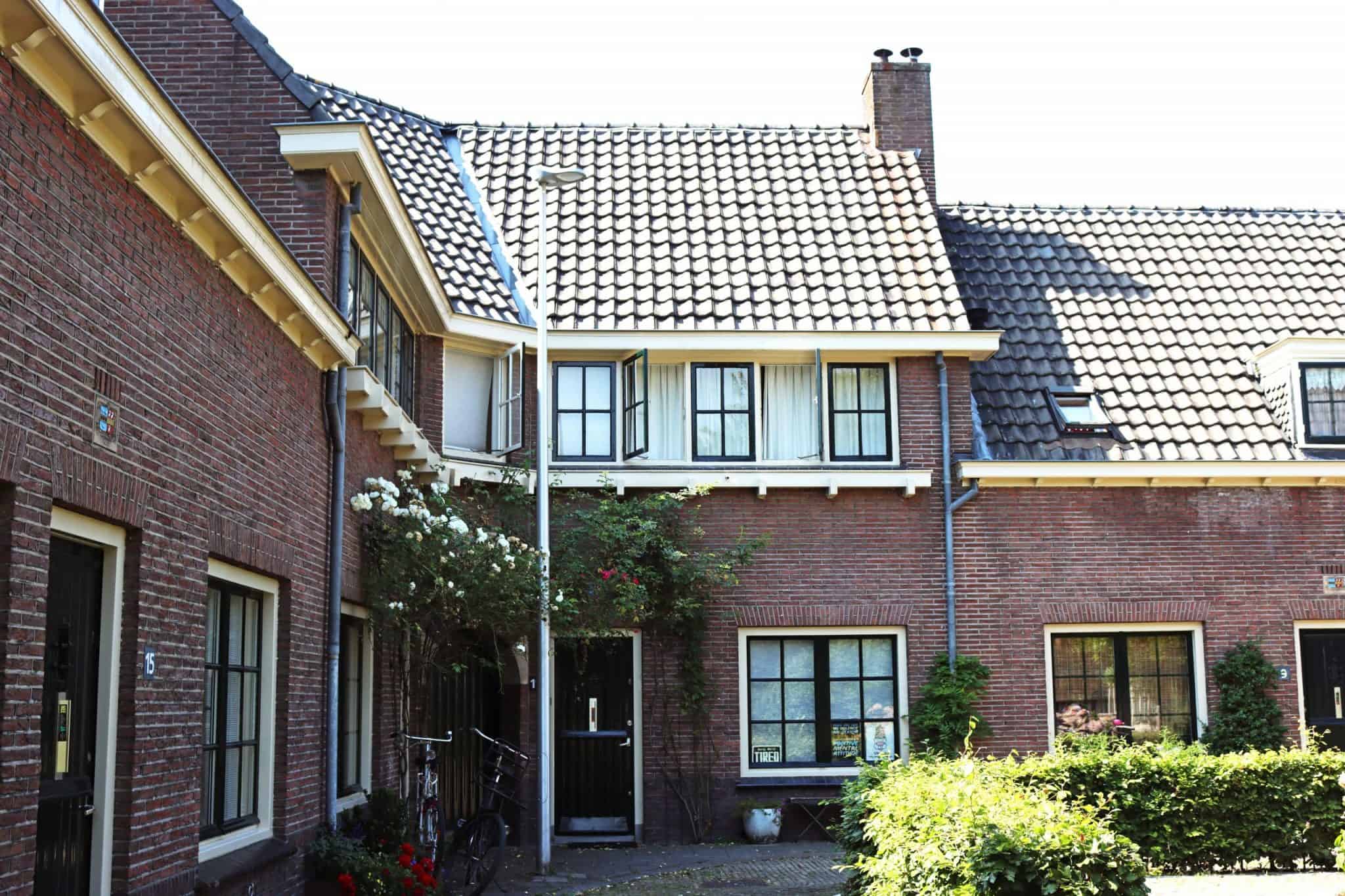We Might Get Negative Interest Rates – What’s the Islamic Position? – IslamicFinanceGuru

4 min read
Published:
Updated:

Ibrahim Khan
Co-founder
Introduction
The Bank of England (“BoE) is consulting with UK banks on a potential negative interest rate. This suggests that the BoE is considering reducing its base rate to below zero.
If the BoE did this it would have important implications for the British economy.
In this article we outline how negative interest rates work, how they would impact ordinary consumers and the Islamic perspective on them.
What are negative interest rates?
To understand negative interest rates we need to understand the base rate.
The BoE controls the “base rate”, which is the single most important interest rate in the UK. The base rate is simply the interest rate the BoE pays to banks that hold money with it or what it charges them if they borrow off it.
There’s a lot of deliberation that goes into the economic implications of changing the base rate, but in a nutshell, if the BoE raises interest rates then it wants to encourage people to spend less and save more. And where it reduces them it wants people to save less and spend more.
The thinking is that they would spend more as they don’t get paid as much for savings.
The base rate is also used by UK banks in working out how much interest to pay out to savings account customers as well as how much interest to charge on their loans, mortgages and other interest-based financial products.
A negative interest rate essentially means the BoE would move the base rate into negative territory. This would mean that the BoE would charge banks to save money in its accounts, and it would pay banks for borrowing off it.
In short, negative interest rates flip the interest-based world upside down.
What is the impact on you?
Let’s look at the various products interest rates are related to:
- Variable rate mortgages: they may decrease in the rate they charge but they will almost never go below zero as banks have that stipulation in their contract.
- Fixed-rate mortgages: they will not be impacted.
- Savings Accounts: ordinary consumers will likely see a drop in savings return. However if they are a saving in a fixed-term fixed-return product they won’t see any impact on their return.
- Islamic Savings Accounts: I would expect to see a little reduction on the rates here. Two reasons for this: (1) Islamic banks compete with other banks for this capital and if everyone else is lowering their rates than Islamic banks don’t have to offer so much more. (2) Islamic banks use the money to offer Islamic mortgages – and these returns are fixed to the base rate in many cases. So if they are getting less return they clearly will reduce the cost of that capital too.
- Islamic mortgages: There should be no impact on fixed-rate mortgages and there will likely be an impact on variable-rate mortgages. Again, I wouldn’t ever expect the rate to go below zero though.
- High Net Worth Savings Accounts: banks or HNW individuals are likely to be charged to deposit their money. So for example, UBS has started charging its HNW clients 0.75% to deposit with it.
What is the Islamic position on this?
The Islamic position on money-for-money transactions is that they must be at par value.
That means if you lend £100 you should get back £100. No more no less.
So now that the BoE will be paying people to borrow to it, that doesn’t make it any more halal unfortunately.
However if they BoE charged 0% – for that brief period of time Muslims can get mildly happy that mainstream banks are transacting in a halal transaction with the BoE for that period of time.
But that transaction doesn’t directly pass its way through to us usually, so that brief halal situation doesn’t really pass through to us in a halal way – as banks always charge a margin on top of the base rate.
But the base rate is not the only Islamic story in town here.
What about inflation rate?
The inflation rate is the rate at which the prices in an economy are increasing (and the rate at which money is losing its value).
So can we adjust for inflation in our loans?
There are two camps here.
Camp 1
You can adjust for inflation rate so that what you return in payment accounts for the devaluing of the currency over the period of time you had the loan.
So let’s say you loan £100 to someone for a year. The inflation rate is 2%. After a year in order for you to get back – in real terms – the loan you gave you should get back £102.
Camp 1 allows this.
Camp 2
Camp 2 does not allow adjusting for inflation. They take a stricter approach to things.
Interestingly (pardon the pun), the inflation rate currently is 0.2% and the BoE base rate is 0.1%, so the “real” interest rate is already negative and stands at -0.1%.
So sadly, we skipped the 0% real interest rate point and went straight from the positive interest rate haram case to the negative interest rate haram case. Can’t keep this pesky mainstream banks out of the haram stuff it seems.
Our personal view is to try to avoid situations where you are paying anything other than the exact same amount you loaned. But ultimately, we could get comfortable with an inflation-rate-based approach.
Conclusions
The bottom line is that commercially this potential change can have an impact on your Islamic mortgage if you are on a variable rate. If you are on a fixed-rate Islamic mortgage make sure you check when your renewal date is and shop the market using our comparison tool here.
You could get a significant discount on your monthly payments by switching.
If you’re still on the fence about Islamic mortgages and whether they are halal or not, check out our article here.
Related Articles
View all
What IFG will do to help bring about a truly Islamic economy
05 January 2024 8 min read

